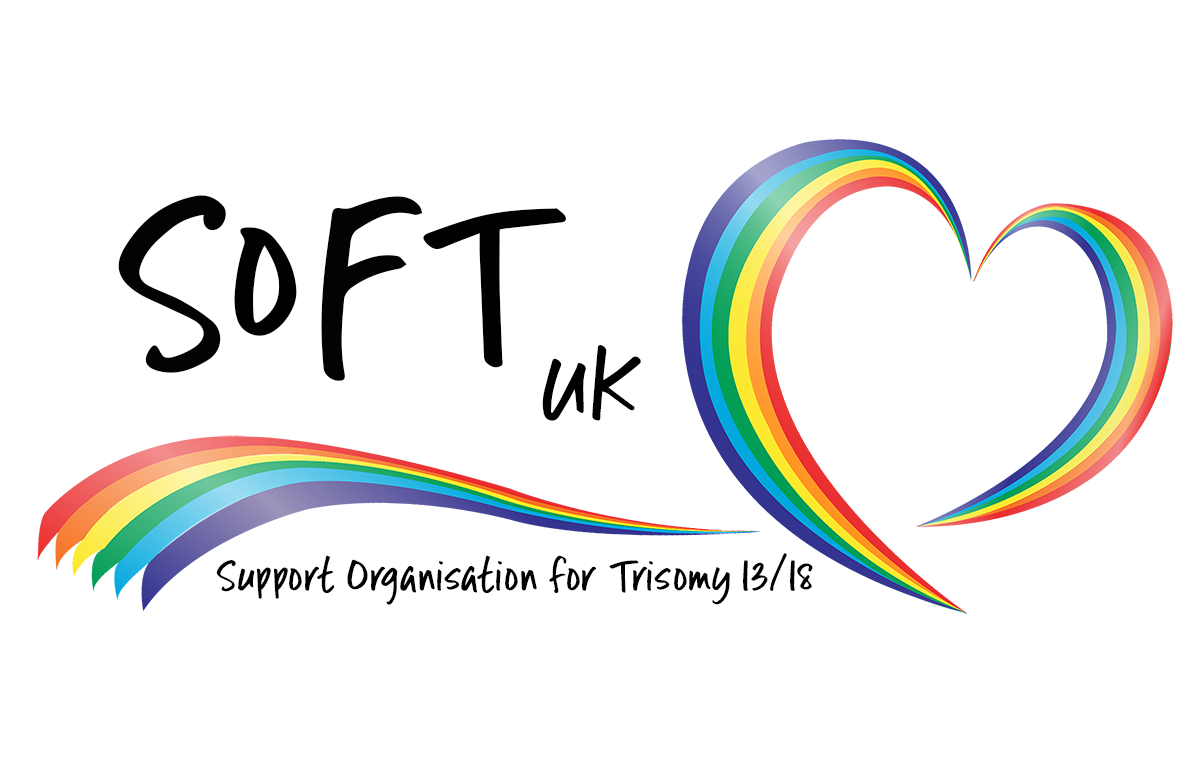Empowering Your Choices:
Support and Guidance for Ending a Pregnancy
A prenatal diagnosis of Trisomy 13 or Trisomy 18 can catapult you into a world of uncertainty. As parents considering ending a pregnancy, you must decide what is right for you, your family and your baby. It may help to talk to friends, family, health care professionals, faith leaders or SOFT UK before making a choice based on your individual circumstances.
The grief suffered after ending a pregnancy can be private and isolating. Our volunteers are available to support you, whether your experiences of termination are recent or from a long time ago.
When it comes to the procedure of terminating a pregnancy, there are various terms used to describe it. Some of these terms include abortion, termination for medical reasons (TFMR), ending a pregnancy, and compassionate induction. Each term may have different connotations or be preferred by different individuals. It's important to understand that the decision to terminate a pregnancy is a deeply personal and complex one and that the language used should always be respectful and non-judgmental.
When you decide to end your pregnancy, it may help you to ask your medical professionals the following questions:
What procedure will take place to end the pregnancy?
Where will you be?
If you are later in pregnancy, how long might labour take?
What pain relief options are available?
Are there any risks?
What happens if the procedure does not go to plan?
What will happen after?
What support is available?
How will the pregnancy be ended?
The method used will depend on your individual circumstances and the stage of pregnancy. The most common methods involve taking tablets or having a minor operation. If you are in the later stages of pregnancy, an early labour may be induced. It is important to talk to your medical professional about the best option for you. General information about ending a pregnancy can be found on the NHS or British Pregnancy Advisory websites.
After the Birth
The mother is usually able to go home shortly after. It is common to experience abdominal pain and bleeding but your doctor will tell you more about what to expect and when to seek help. Sometimes after ending a pregnancy in the later stages, breast tenderness and milk production can occur for a short time.
You may be asked for permission for a post mortem and it is up to you to agree or refuse.
Creating Memories
Before ending a pregnancy in the later stages parents can discuss what they want so that a ‘memories pack’ can be prepared with locks of hair, name band, hand print etc. Parents may want to see or hold baby, and this can help to release grief. If a parent does not want to see their baby, photographs, handprints or footprints can still be taken if you want. Parents often choose to name their baby and have a funeral or memorial event to acknowledge their baby’s life. Should you choose not to have a private funeral, the hospital will ensure your baby is laid to rest with dignity.
Grief After Ending a Pregnancy
There can be lots of conflicting emotions after ending a pregnancy for abnormality and it is often not well understood by those without personal experience. At whatever stage a pregnancy is ended there is likely to be a great sense of loss and many parents describe a feeling of emptiness. There is no right way to grieve and no time limit for grief. Bereavement begins as soon as we realise the baby has a serious problem and the future seems unsure. It is important to feel you have the support you need at this difficult time.
Accepting Help
Help from hospital and community medical staff should be available. Accepting help is not a sign of weakness, the loss of a baby is devastating and anniversaries can reawaken the sadness. The team looking after you during the termination can give you details of local services, or your GP can be a useful source of support and resources.
It can also help to talk to someone impartial who has experience of Trisomy 13 or 18. Anyone affected by Trisomy 13 or 18 is welcome to contact us.
Other useful resources include:
Healthtalk.org which has a number of interviews with parents who have elected to end a pregnancy following a diagnosis of Edwards' syndrome - Ending a pregnancy for fetal abnormality.
Also, Antenatal Results and Choices (ARC) has some very helpful resources, including a leaflet which has been written specifcally for parents who are considering a termination of pregnancy because an anomaly has been diagnosed in their baby.
TFMR Mammas is a support organisation for families who have chosen to end a pregnancy and they can be found here or follow them on Instagram here: @tfmrmamas
Discover a range of bereavement support resources and helplines specifically designed to provide support for siblings under our Sibling Support section. Find books, virtual activities, support groups, and helplines to assist siblings in coping with the loss of a loved one.

